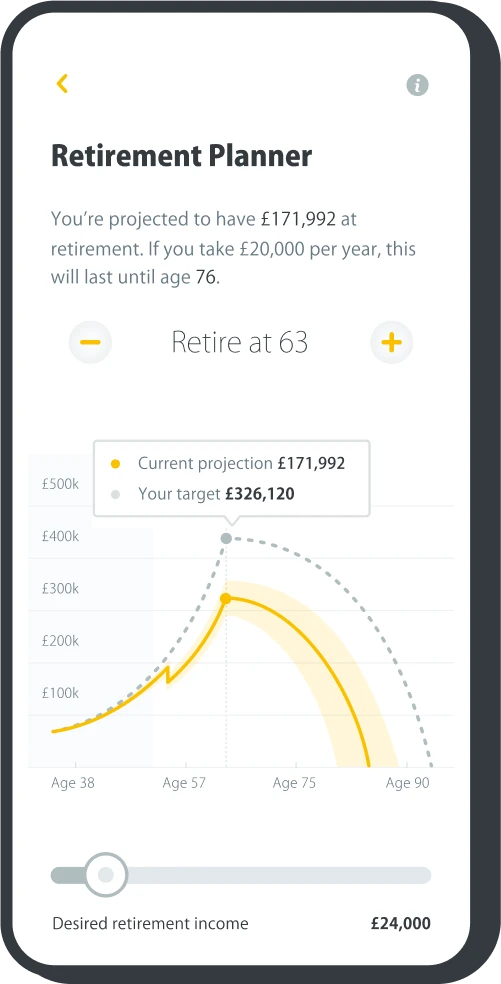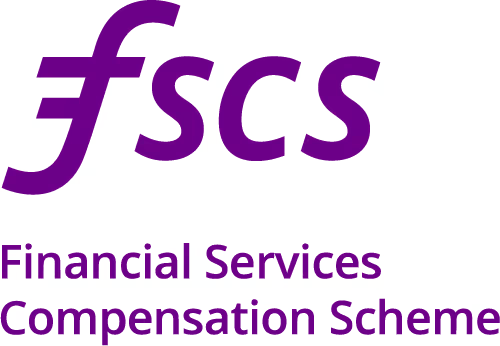Featured articles
ISA vs. savings account
If you’re looking to put some money aside, you might be weighing up whether to open an Individual Savings Account (ISA) or a savings account. ISAs offer tax-free interest, while savings accounts are often more flexible for short-term needs. The right option depends on your financial goals.
What is an ISA?
An ISA is a type of savings account where you don’t have to pay tax on any interest, dividends or investment gains you earn. This can help you make the most of your savings.
There are a few different types of ISA, but the main ones are:
- Cash ISAs – similar to regular savings accounts, but your interest is tax-free.
- Stocks and Shares ISAs – where your money is invested in the stock market rather than just saved.
- Lifetime ISAs – designed to help you save for a first home or retirement. The government adds a 25% bonus on up to £4,000 of contributions each year (2025/26).
- Innovative Finance ISAs – let you lend money to individuals or businesses via peer-to-peer lending platforms. While returns are tax-free, there are risks involved.
You can currently save up to £20,000 across all of your ISAs each tax year (2025/26). This can be split across different types, except for Lifetime ISAs (LISAs). They have their own £4,000 annual limit.
Read more about how ISAs work.
How do savings accounts compare?
Savings accounts let you earn interest on the money you keep in a bank or building society. They come in different types, including ‘easy access’, ‘fixed rate’ and ‘notice accounts’.
You might pay tax on the interest you earn, depending on how much you make. The Personal Savings Allowance lets you earn up to £1,000 of interest tax-free each year if you’re a basic rate taxpayer, or £500 if you’re a higher rate payer. For example, if you have £10,000 in a savings account paying 4% interest, that’s £400 in interest – well within the tax-free allowance for most people.
Read more about savings accounts.
ISA vs. savings account: which is right for you?
The right option depends on your goals. ISAs can be a more tax-efficient way to save for the future, while savings accounts tend to offer more flexibility in the short term.
1. Saving for a big goal, like a house or retirement
If you’re working towards a major milestone, such as buying your first home or planning for retirement, an ISA could help your savings go further.
A LISA, for example, is designed to help first-time buyers under 40 get on the property ladder. You can pay in up to £4,000 a year and receive a 25% government bonus (2025/26). That’s up to £1,000 extra annually, and any interest or returns you earn won’t be taxed.
A Stocks and Shares ISA gives you the option to invest in funds, company shares (equities) or bonds. While the value of your investments can go up or down, over the long term you’re likely to see higher returns than you would with a typical cash savings account.
2. Building an emergency fund
For short-term savings or unexpected expenses, a high-interest savings account could be a good choice. Easy-access savings accounts let you withdraw money whenever you need it, which is ideal for emergencies like a boiler breakdown or urgent car repairs.
Some savings accounts offer higher interest rates, but they may come with conditions such as monthly deposit limits or restrictions on how often you can withdraw.
3. You’ve used up your Personal Savings Allowance
If you’ve built up substantial savings and earn more than £1,000 in interest each year, the tax-free benefits of an ISA become even more valuable.
For example, with £50,000 in a savings account paying 4% interest, you’d earn £2,000 a year. As a basic-rate taxpayer, you’d pay tax on anything above £1,000, unless those savings are in an ISA.
Be pension confident.
Combine your old pension pots into one new online plan. It takes just a few minutes to sign up.
Get startedPros and cons at a glance
Real-world examples
- Raj, 31, is saving for a house with his partner. They both use a LISA, each putting in £4,000 a year. With the government bonus, that adds up to £10,000 saved annually between them.
- Jasmin, 42, wants to build an emergency fund. She chooses a regular savings account with a 5.2% interest rate and keeps three months’ salary set aside for peace of mind.
- Ben, 58, has already used up his Personal Savings Allowance due to a sizeable savings pot. To avoid paying tax on his interest, he moves some of his money into a Cash ISA.
Can you have both an ISA and savings account?
Yes, having both can be a smart way to balance flexibility with longer-term growth.
Many people keep an emergency fund in a savings account for easy access, while using an ISA to invest, grow their money tax-free or benefit from the LISA bonus.
Should I open an ISA or a savings account?
Choosing between an ISA and a savings account isn’t about which one is best. It’s about which one suits your personal circumstances.
Saving for something big and want your money to grow tax-free? An ISA could be a good fit. Need quick, flexible access to your savings? A regular savings account might be more practical.
These options aren’t mutually exclusive. Many people use both, depending on their savings goals and timeframes.
Learn more about the different types of savings and investment accounts.
Risk warning
As always with investments, your capital is at risk. The value of your investment can go down as well as up, and you may get back less than you invest. This information should not be regarded as financial advice.
Last edited: 30-06-2025







